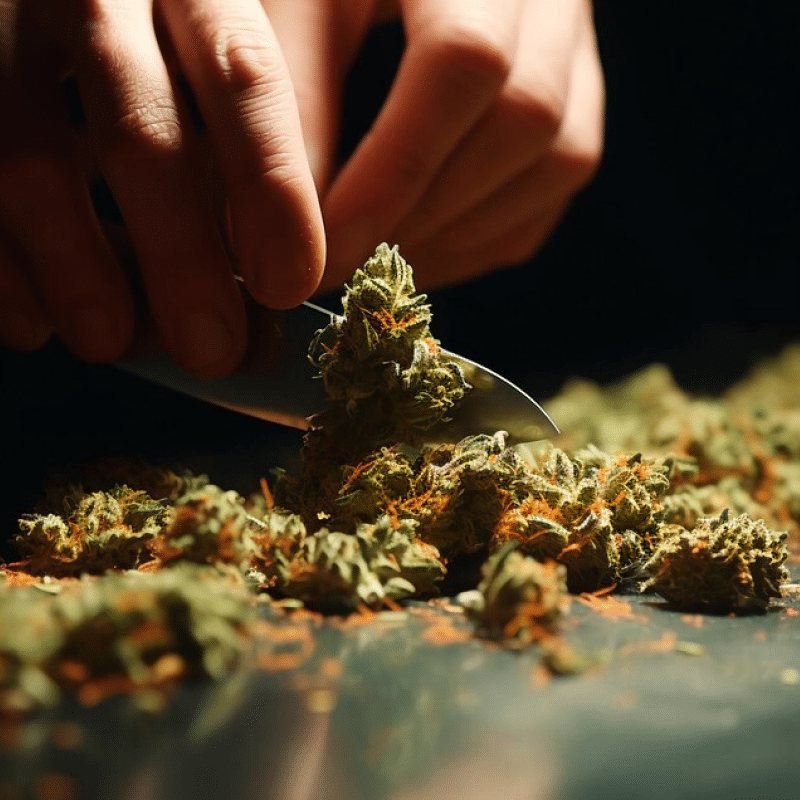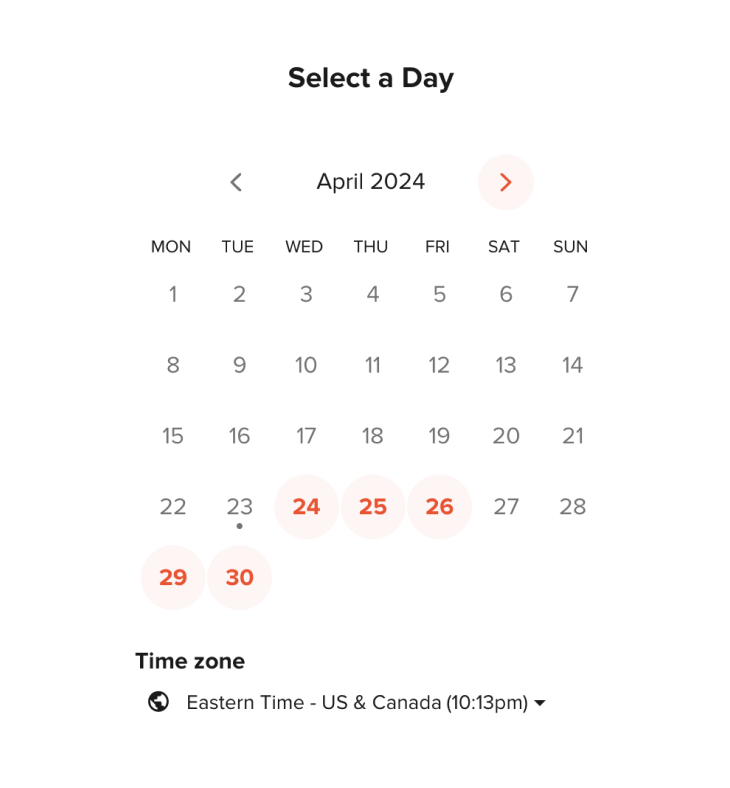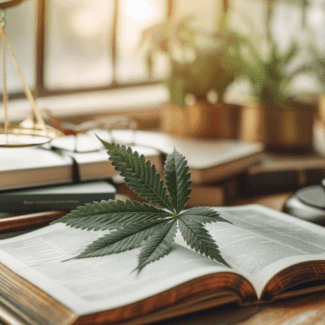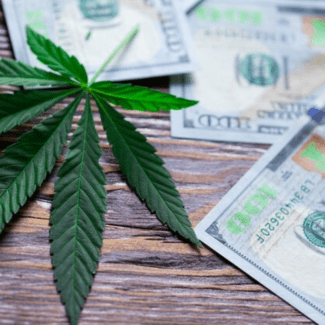THC Potency Limits by State: A Comprehensive Overview
This overview provides an in-depth analysis of THC potency limits across various U.S. states, highlighting the differing regulations and their implications for both consumers and cannabis brands. It explores the ongoing debate surrounding THC potency, the responsibilities of brands, and the importance of compliance with state regulations.

The question of THC potency is ongoing in the cannabis industry. Are cannabis products becoming too potent? (Yes.) Do brands have a responsibility to focus on aspects of a good product other than THC? (Yes.) Should state governments limit how much THC can go in a single product? Well, that depends on who you ask.
Understanding THC Potency Limits
THC potency is how much delta-9 THC (measured in milligrams) is in a single product. In its original form, the cannabis plant was not very potent — average THC levels were around 10% and below. But thanks to decades of careful cultivation, today’s cannabis plants and products are far more potent than ever before.
Over half of all Americans live where cannabis is now recreationally, but each state approaches the question of potency differently. Since cannabis programs are state-run, it’s left up to the discretion of the state governments — most of whom don’t have a fundamental understanding of cannabis and how it works. As such, there is huge variability in THC potency limits by state.
Some states leave it up to the discretion of brands and have no regulations on THC caps. Others impose strict THC caps in the name of consumer protection, because frequent consumption of high-potency products is associated with higher rates of negative side effects. This inconsistency can result in consumer confusion and challenges for brands operating in multiple markets.
Safeguard Your Investment
Analysis of THC Potency Limits in 10 States
Which states cap THC potency in the name of consumer protection and which states leave it up to the market to decide? AlphaRoot reviewed the policies of 10 states with established recreational cannabis markets to see just how common THC potency caps are. (Medical markets are a different beast — and blog post — entirely.)
We sorted them into three categories:
- High-regulation: strict THC potency limits and limits for different types of products
- Moderate regulation: limits on certain types of products
- Low-regulation: minimal to no THC potency limits on any products.
High-Regulation States:
- California:
- Flower: No state limit, individual cities/counties may impose limits.
- Concentrates: 1,000mg per package for recreational, 2,000mg per package for medical
- Edibles: 10mg THC per serving limit, 100mg THC per package limit
- Connecticut:
- Flower: 30% THC cap
- Concentrates: 60% THC cap
- Edibles: 5mg THC per serving, 100mg THC per package
- Vermont:
- Flower: 30% THC cap
- Concentrates: 60% THC cap
- Edibles: 5mg THC per serving limit, 100mg THC per package limit
Moderate-Regulation States:
- Massachusetts:
- Flower: No limit
- Concentrates: 70% THC limit
- Edibles: 5.5mg THC per serving limit, 110mg THC per package limit
- Oregon:
- Flower: No limit
- Concentrates: 2,000mg limit per package
- Edibles: 10mg THC per serving, 100mg per package
Low-Regulation States:
- Nevada:
- No state-wide THC limits for any product type. Individual cities/counties may impose limits.
- Washington:
- Flower: no limit
- Concentrates: no limit
- Edibles: 10mg THC per serving, 100mg THC per package
- Colorado:
- Flower: No limit
- Concentrates: no limit
- Edibles: 10mg THC per serving limit, 100mg THC per package limit
- Alaska:
- Flower: No limit
- Concentrates: no limit
- Edibles: 10mg THC per serving limit, 100mg THC per package limit
- Maine:
- Flower: No limit
- Concentrates: no limit
- Edibles: 10mg THC per serving limit, 100mg THC per package limit
Conclusion
THC potency limits are a controversial topic in the cannabis industry, but regardless of how you feel about them, you must remain compliant in the states that have them.
Supporters of THC limits argue that they help consumers and brands shift the focus off high-THC products, while detractors argue that they stifle the creativity of brands and reduce consumer choices.
Remaining compliant is the first order of business for every canna-businesses, but getting involved with state policy is a great way to advocate for change that protects, rather than hurts, the industry.
Protecting your cannabis company can seem confusing; however, we’re a full-service insurance brokerage working with carriers worldwide to offer you the best coverage possible. We’re here to help! Please reach out to us today by email info@alpharoot.com or calling 646-854-1093 for a customized letter or learning more about your cannabis insurance options.





